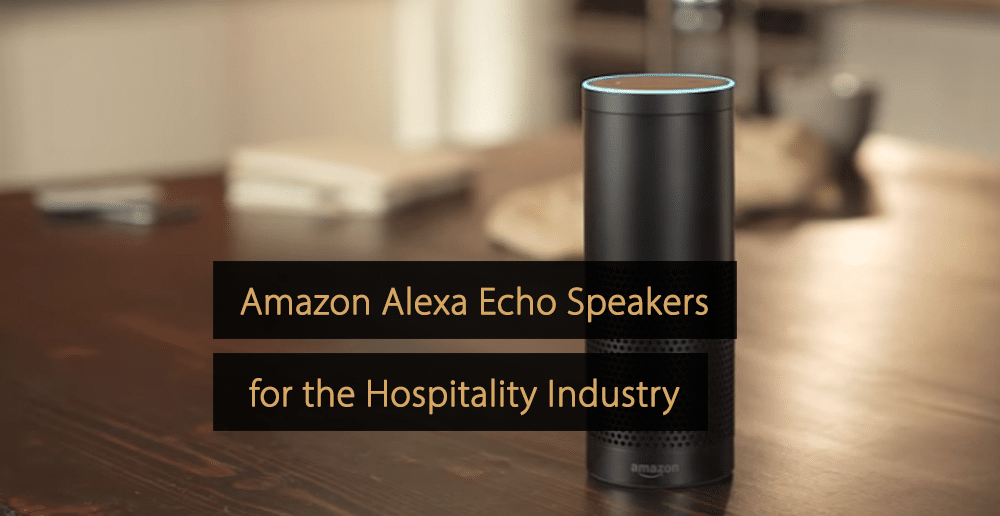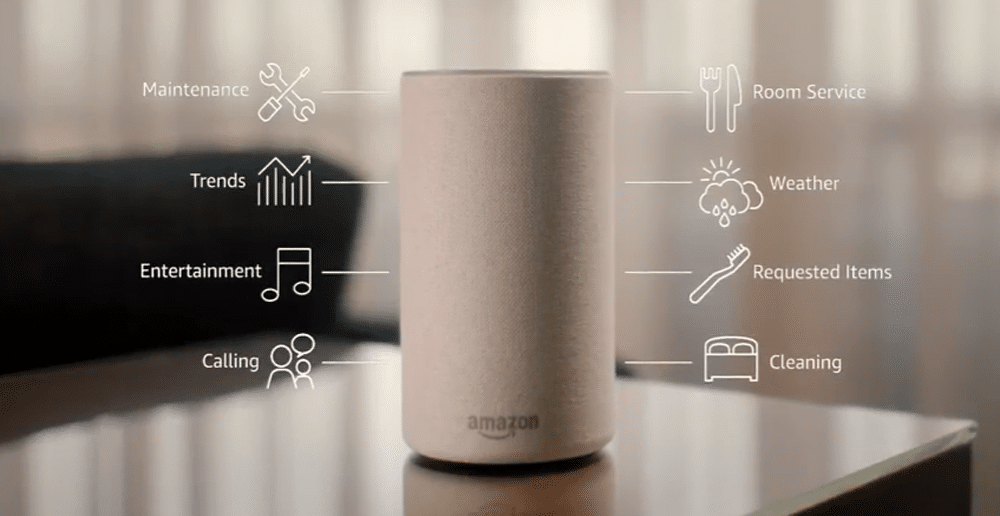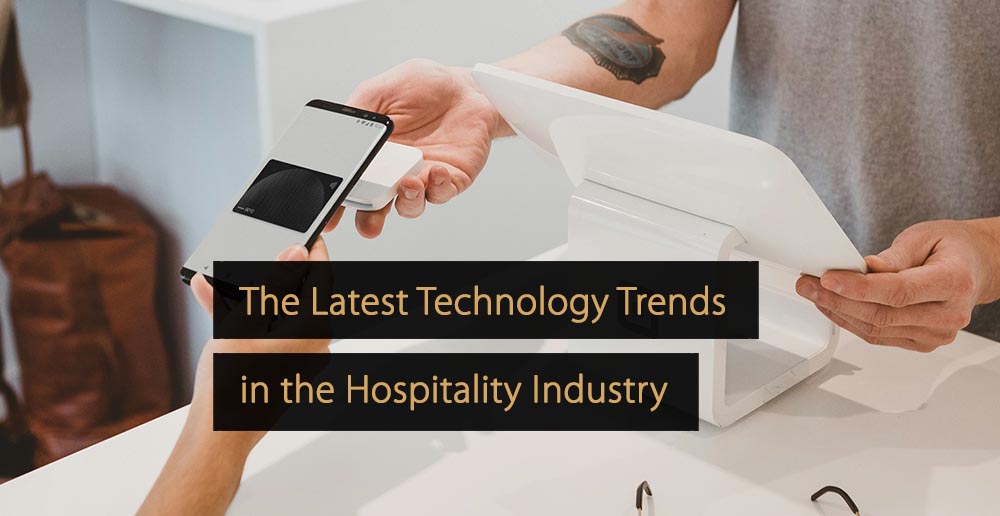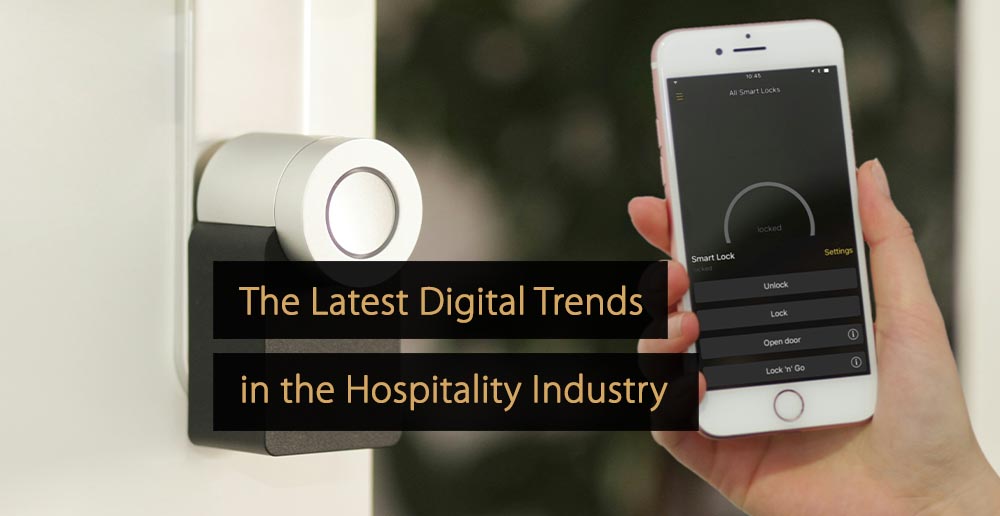Over the last few years, Amazon Alexa Echo speakers have emerged as a mainstream consumer product, allowing customers to control their ‘smart’ devices and appliances from a single place. More recently, Amazon has also brought the technology into hotels and resorts, launching a dedicated Alexa for Hospitality service. In this article, you will learn more about Amazon Echo speakers and their current and future roles within hotels.
Table of Contents:
- What Are Amazon Alexa Echo Speakers?
- Amazon Alexa Echo Speakers for Hotels
- How Do the Alexa Speakers Work?
- How Can Alexa Echo Speakers Improve the Customer Experience?
- What Happens With the Collected Data?
What Are Amazon Alexa Echo Speakers?
Amazon Echo speakers are a brand of ‘smart speakers’ that are capable of voice interaction, music, and audio playback, answering questions, and delivering real-time information. Additionally, the speaker can serve as an automation hub, connecting to and controlling various other ‘smart’ devices nearby.
According to the Smart Speaker Market Analysis Report by Fortune Business Insights, the global smart speaker market size is projected to grow at a CAGR of 21% until 2028.
The speakers are integrated with Alexa, a virtual assistant technology developed by Amazon powered by artificial intelligence. The virtual assistant is activated by a wake-up command, with the default command being ‘Alexa’, which tells the device to listen to the following question, request, or instruction.
Amazon Alexa Echo Speakers for Hotels
Alexa for Hospitality is a version of Amazon’s virtual assistant technology that is designed specifically for use within hotels and hospitality businesses. The hospitality version of the service was launched in June 2018 and has already been adopted by several major hotel companies, including Marriott, Autograph Collection, and Wynn. It can be integrated with existing smart devices and allows those operating in hospitality management to offer a more personalized guest experience.
According to the Global Smart Speaker Market Report by Statista, Amazon has the largest market share, 28%.
More information about the Alexa for Hospitality service can be found in the following video:
How Do the Alexa Speakers Work?
Amazon Alexa Echo speakers are powered by a combination of artificial intelligence and IoT (the Internet of Things) technology, which allows them to serve as virtual assistants and central ‘smart hubs.’ The technology centers on voice recognition, meaning the speakers understand and respond to human speech.
These technologies allow Amazon Alexa Echo speakers to be a command point for other ‘smart’ devices nearby. As a result, users can potentially turn the TV on or off, play music, and control other devices through their voices. The speakers can also speak back and search the internet for answers to questions.
In addition, Amazon Alexa Echo speakers perform more traditional speaker functions, such as connecting with radio stations or music streaming services and outputting high-quality audio. Although many other smart speakers are available, according to the Statista Consumer Insights Survey, Alexa Echo Speakers occupy 65% of the market share.
How Can Alexa Echo Speakers Improve the Customer Experience?
The Alexa for Hospitality offering can potentially improve the customer experience in several exciting ways. The service can be tailored to each location, connecting it to things like room service offerings and restaurant booking processes and allowing guests to order food or book a table just by speaking.
Moreover, the device can be connected to controls within the room, such as the lights, heating, ventilation, and air conditioning. This could mean that a simple voice command like: “Alexa, turn off the lights” will allow the lights to be turned off from anywhere in the room, including the bed.
Amazon has also announced intentions to expand the technology further, allowing hotel guests to connect their Amazon account to the Amazon Alexa Echo speakers. This opens up enormous potential for greater personalization, with users being able to access their music, playlists, and audiobooks.
Table: How Alexa Echo Speakers Improve Customer Experience in Hospitality
| Customer Experience Aspect | Alexa Echo Speaker Functionality | Benefits for Guests |
|---|---|---|
| In-Room Convenience | Voice-controlled lights, heating, ventilation, and air conditioning (HVAC). | Increases comfort and convenience by enabling control from any location in the room. |
| Personalized Entertainment | Guests can connect their Amazon account to access music, playlists, and audiobooks. | Enhances the in-room experience with personalized entertainment options. |
| Dining Services | Voice commands to order room service or book restaurant tables. | Streamlines dining experiences, making ordering and reservations more accessible. |
| Information Services | Providing information about hotel amenities, local attractions, and services. | Enhances guest knowledge and accessibility to hotel features and local recommendations. |
| Smart Room Customization | Tailoring room settings to guest preferences via voice commands. | Personalizes the room environment, improving overall guest satisfaction. |
| Efficiency and Speed | Quick responses to guest requests and commands without physical interaction. | Reduces wait times for services and adjustments, leading to a more efficient stay. |
| Enhanced Accessibility | Offering hands-free control and assistance for guests with mobility issues. | Makes hotel services more accessible to all guests, improving inclusivity. |
What Happens With the Collected Data?
One of the major concerns for customers related to Amazon Alexa Echo speakers is privacy. With the Alexa for Hospitality service, this is even more important because multiple guests will be using the service. However, Amazon has taken steps to reassure hotel owners and their guests of safety in this area.
Recordings of commands given to the Alexa for Hospitality device are automatically deleted daily, and hotel owners cannot access either the recordings or the responses from Alexa, guaranteeing privacy for guests. Furthermore, once the feature is available, the account link-up will automatically disconnect upon checkout.
Hotel owners can manually reset devices for the next guest and use some data for analytics purposes, such as engagement levels associated with specific services. However, all voice communications are encrypted.
Customers concerned about privacy can also press the microphone on/off button to turn the device off. When turned off, the Amazon Alexa Echo speakers will no longer listen and respond to the wake-up command until the microphone is turned back on.
Amazon Alexa Echo Speakers FAQs
Amazon’s new service has helped hotel companies introduce Amazon Alexa Echo speakers into their rooms, enhancing the customer experience and offering greater personalization. It has also made it possible to make restaurant bookings and room service orders without speaking to a real person.
Did You Like This Article About Amazon Alexa Echo Speakers in Hospitality?
You might also be interested in the following articles about digital trends in related industries:
- How to Use Artificial Intelligence in the Hospitality Industry
- How Augmented Reality is Transforming the Hospitality Industry
- How Virtual Reality (VR) Can Enrich the Hospitality Industry
- Blockchain Technology and Its Uses in the Hospitality Industry
- How the Internet of Things (IoT) Can Benefit the Hospitality Industry
- 8 Examples of Robots Being Used in the Hospitality Industry
More Tips to Grow Your Business
Revfine.com is the leading knowledge platform for the hospitality and travel industry. Professionals use our insights, strategies, and actionable tips to get inspired, optimize revenue, innovate processes, and improve customer experience.Explore expert advice on management, marketing, revenue management, operations, software, and technology in our dedicated Hotel, Hospitality, and Travel & Tourism categories.
This article is written by:
Hi, I am Martijn Barten, founder of Revfine.com. With 20 years of experience in the hospitality industry, I specialize in optimizing revenue by combining revenue management with marketing strategies. I have successfully developed, implemented, and managed revenue management and marketing strategies for individual properties and multi-property portfolios.











Leave A Comment